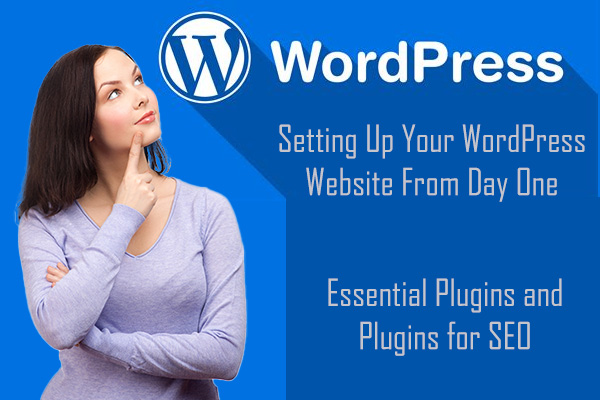Today, virtually every business needs an online presence, but understanding the difference between a blog and a website is crucial to maximizing that presence. While both are essential tools for engaging with customers and building your brand, they serve different purposes and offer unique benefits. For business owners looking to leverage their online platforms effectively, knowing how to balance the static nature of a website with the dynamic content of a blog can be a game-changer.
Static Website vs. Dynamic Blog: Understanding the Basics
A traditional website is often static, meaning that the content remains relatively unchanged over time. It typically includes pages like the homepage, about us, services, and contact information, providing visitors with essential information about your business. These pages are crucial for establishing your brand identity, explaining your offerings, and guiding potential customers to take specific actions, such as contacting you or making a purchase. However, once these pages are set up, they generally don’t require frequent updates.
On the other hand, a blog is a dynamic part of your website where content is regularly updated. Blogs are designed for sharing articles, news, tips, and other forms of content that are relevant to your audience. Unlike static website pages, blog posts are published frequently—daily, weekly, or monthly—depending on your content strategy. This regular influx of fresh content not only keeps your audience engaged but also signals to search engines that your site is active, which is a key factor in improving your website’s search engine optimization (SEO).
The Role of Your Blog in Content Marketing and Lead Generation
For business owners, a blog is an invaluable tool for content marketing. By consistently posting valuable and relevant content, you can attract a steady stream of visitors to your website. These visitors, who are drawn to your blog by your insights and expertise, are potential leads that you can convert into customers. A well-maintained blog allows you to build trust with your audience, demonstrate your industry knowledge, and provide solutions to common problems—essentially, it helps establish your business as an authority in your field.
Moreover, a blog is not just about attracting traffic; it’s about engaging with your audience and building relationships. Through comments, social media shares, and direct feedback, you can interact with your readers, understand their needs better, and tailor your offerings accordingly. This interaction is vital for lead generation because it allows you to nurture potential customers by guiding them through the buyer’s journey—from awareness to consideration to decision—using your content.
The Importance of Posting Regular Content Updates for the Best SEO
One of the most significant advantages of maintaining a blog is the impact it has on your website’s SEO. Search engines like Google prioritize websites that consistently produce fresh, high-quality content. Regularly updating your blog with new posts gives search engines more opportunities to index your site, increasing your chances of ranking higher in search results. This, in turn, makes it easier for potential customers to find you when they’re searching for the products or services you offer.
Daily or weekly content updates also allow you to target specific keywords and topics that are relevant to your business. By incorporating these keywords into your blog posts, you can improve your site’s visibility for those search terms, driving more organic traffic to your site. Additionally, frequently updated content provides more opportunities for internal linking, which further enhances your SEO efforts and helps visitors navigate your site more effectively.
While a static website is essential for providing fundamental information about your business, a dynamic blog is equally important for keeping your content fresh, engaging your audience, and improving your SEO. For business owners, a blog is not just an optional add-on but a vital component of a successful online strategy. By regularly updating your blog with valuable content, you can attract more visitors, generate leads, and build lasting relationships with your customers. In the end, the synergy between a well-designed website and an active blog can significantly boost your online presence and drive the success of your business.


